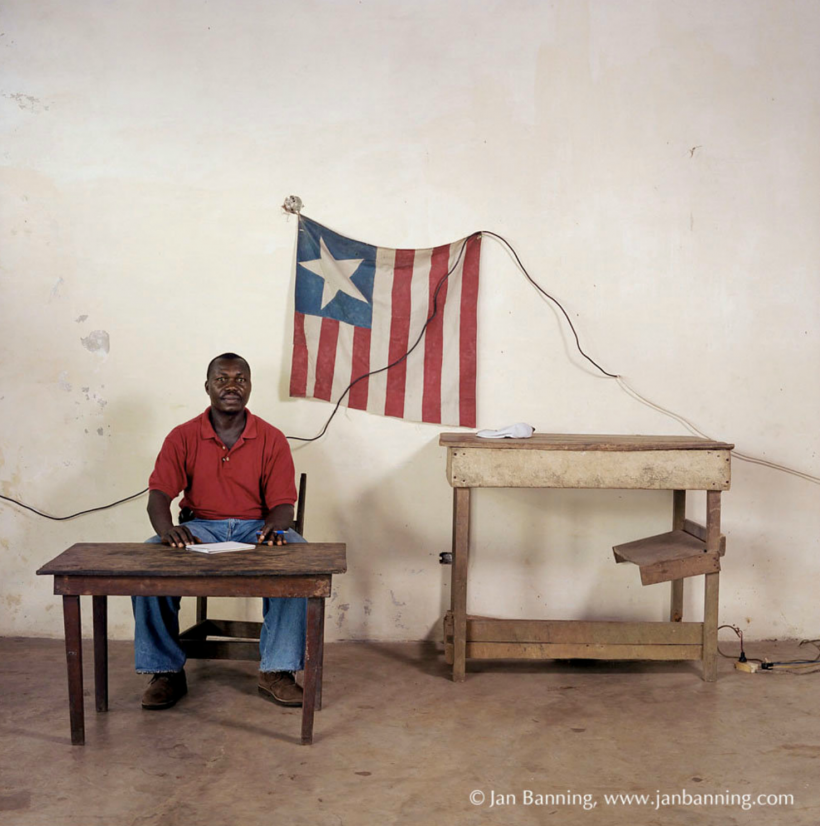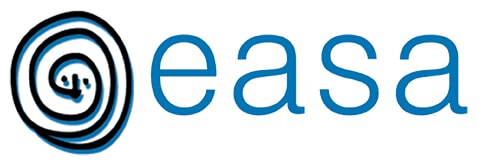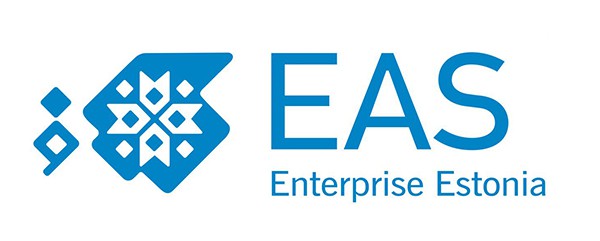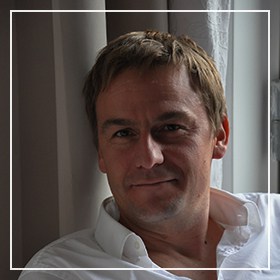Gerhard Anders is a lecturer in African Studies and International Development in the School of Social and Political Sciences at the University of Edinburgh. This year, during the annual meeting of the EASA in Tallinn, he volunteered to take over the direction of the European Network for the Anthropology of Law and Rights. Allegra congratulates him for this new appointment and takes this opportunity to introduce his work and the legacy of the network so far.
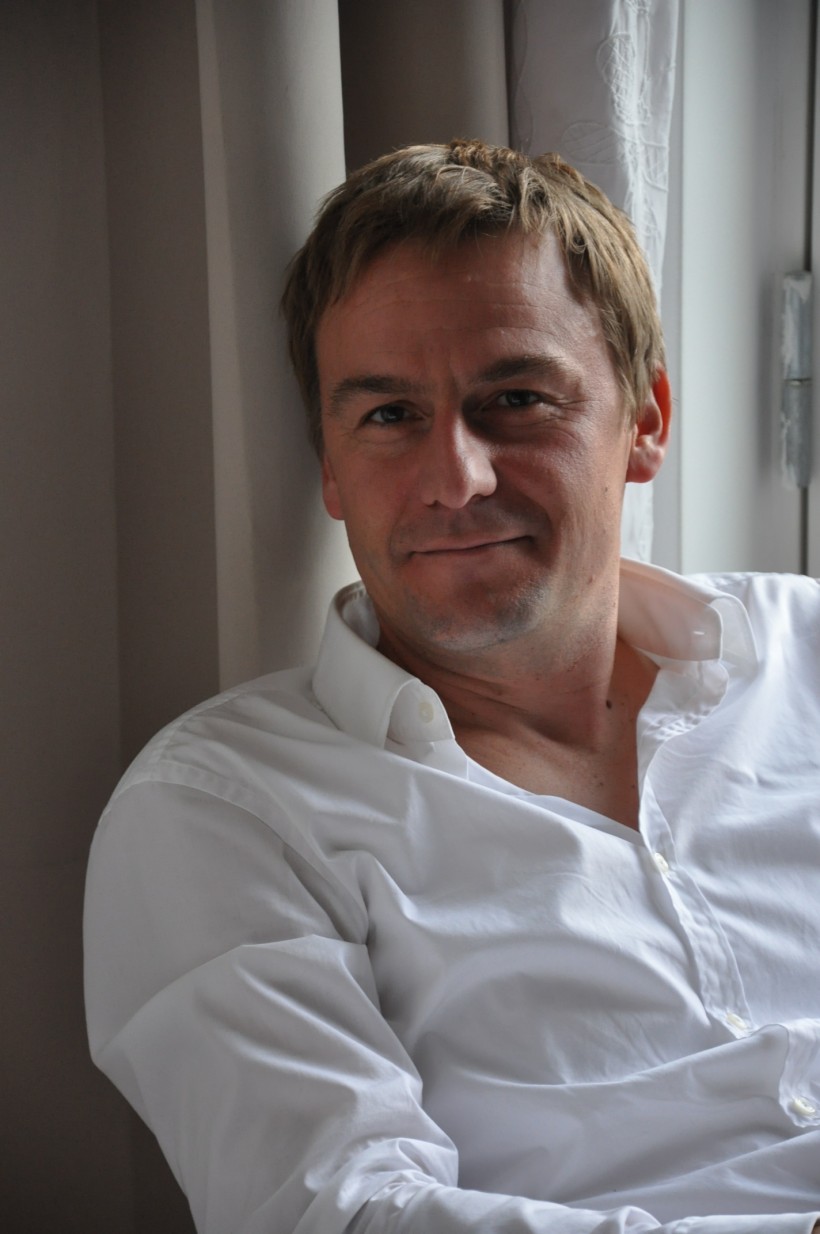 Allegra : As a new coordinator of the EASA Network on the anthropology of law and rights, can you explain to us the main purposes of the network and tell us a little bit more about its history? Who were the network’s founding members ? When was it created ?
Allegra : As a new coordinator of the EASA Network on the anthropology of law and rights, can you explain to us the main purposes of the network and tell us a little bit more about its history? Who were the network’s founding members ? When was it created ?
Gerhard Anders : I am thrilled to serve as the new convenor of the EASA network on the anthropology of law and rights.
I think John Comaroff was spot on a few years back when he observed that legal anthropology has been experiencing a ‘welcome, exciting renaissance’.
Mainly because of the rise of human rights discourse and the expansion of anthropology into new fields the anthropological study of law has broken out of the confines of a ‘sub-discipline’ and returned to the centre of the discipline, a place it occupied at the time when social and cultural anthropology became established as academic disciplines at the beginning of the 20th century.
The network was established at the EASA conference in Ljubljana in 2008. Among the founding members were Franz and Keebet von Benda-Beckmann, Bertram Turner, Reeta Toivanen and Susanne Brandstetter.
The main purpose of the network is to serve as platform for the exchange of ideas and information between EASA members who are interested in legal anthropology and rights discourses.
It covers a wide range of subjects including human rights discourse, indigenous rights in the context of international law, asylum and refugee law as well as contemporary technologies of government and management. The EASA network entertains close ties with the Commission of Legal Pluralism, a section of the International Union for Anthropological and Ethnological Sciences (IUAES).
In the future, we could discuss cross-listed workshops and other events, bringing together anthropologists, lawyers, academics, policymakers and activists of various stripes.
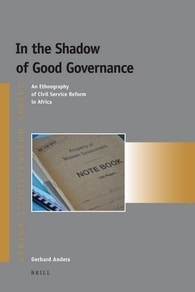
Allegra : You have worked on legal issues in Africa for a long time. Your first monograph published with Brill in 2010 and entitled « In the Shadow of Good Governance » investigated public service reform in Malawi. How did you become interested in legal anthropology?
Gerhard Anders: My book ‘In the Shadow of Good Governace’ is an anthropological study of the implementation of civil service reform and the everyday experiences of civil servants in Malawi, who were caught between economic crisis, new public management, and pressure from kith and kin. It draws on my PhD-thesis and more than one year of fieldwork in Lilongwe and Zomba between 2000 and 2002.
My monograph and the other publications stemming from that project explore the interstices between legal anthropology, the anthropology of development and the anthropology of the state. They draw on insights from legal anthropology to interrogate the regime of international aid in action.
My book presents ethnographic evidence of what government employees who constitute the state in their official capacity actually do in their daily lives both at the workplace and outside; for instance, in neighbourhoods, churches and the home village.
In Malawi, as elsewhere in sub-Sahara Africa, the state apparatus is shaped by development policies and their implementation, driven by the international financial institutions and foreign development agencies but supposedly ‘owned’ by the government of Malawi. That was the reason why I took a vertical cut if you like tracking civil service reform and good governance from the loan documents signed by representatives of the World Bank, the IMF and the government of Malawi to the everyday practices of managers, clerks, nurses, teachers and other civil servants.
From this summary you might think that my PhD is in anthropology or African Studies but actually I am a doctor of law. I received my PhD from the school of law at the Erasmus University Rotterdam. I don’t think I would have received a PhD at a German law school with this study. Legal studies in the Netherlands were much more open than in Germany where I had studied law before moving to the University of Amsterdam with the ERASMUS exchange programme. There I was able to further pursue my interest in philosophy of law, legal history and the social sciences to a degree that would not have been possible in Germany where the study of legal doctrine and positive law eclipsed everything else.
In the Netherlands, I became interested in social and cultural anthropology, a discipline that allowed me to ask all the questions about law I thought were most fascinating. I should point out though that the thorough and systematic legal knowledge I acquired while studying law in Germany is definitely an asset for the social-scientific study of law. By now, I feel very much at ease moving between the law and social-cultural anthropology, addressing audiences in both disciplines.
We also should take the imaginary divide between The Law and Anthropology with a pinch of salt as both disciplines are far from being monolithic entities and one ‘tribe’ within in one field might find it more stimulating to converse with a ‘tribe’ in the other field rather than with another ‘tribe’ in the same discipline.
My various projects might seem different but they are all connected by my interest in the movement of people and ideas about development, good governance, the rule of law and justice, tracking how these ideas pass through different sites. At the moment I am working on a book manuscript on the trials heard at the Special Court for Sierra Leone and the debates about transitional justice in Liberia and Sierra Leone where I conducted more than 12 months of fieldwork between 2007 and 2010. I am also in the process of further developing a research agenda on security sector reform and law enforcement in West Africa.
Allegra: Thank you Gerhard Anders! We are looking forward to a long collaboration between Allegra and the EASA Network! Network members are very much encouraged to use our platform to discuss their ongoing researches. Send your proposals to stuff@allegralaboratory.net. And for further information on the EASA Network on the Anthropology of Law and Rights, please contact Gerhard, at the University of Edinburgh.


